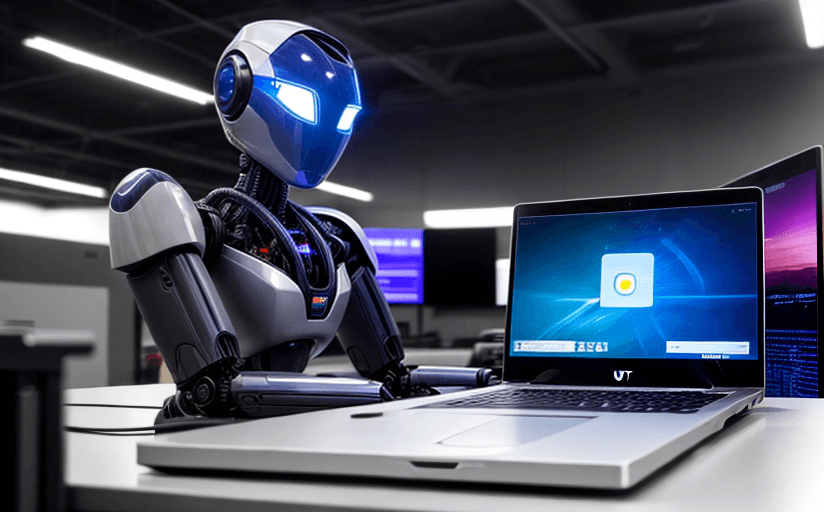Exploring How Artificial Intelligence Can Shape the Future of the Workplace
As the world of work continues to evolve, Artificial Intelligence (AI) is increasingly being used to revolutionize how employees work, how organizations set goals and measure progress, and how employers create a competitive advantage. To understand the potential benefits and drawbacks of this technology, it is important to consider how AI will affect the future of work.
How AI Will Affect Employees
AI can help employees work smarter by automating mundane and repetitive tasks, allowing them to focus on more complex tasks. AI can also be used to analyze vast amounts of data to provide employees with insights and recommendations to help them make better decisions faster. Additionally, AI can be used to create personalized learning experiences for employees, enabling them to quickly acquire new skills and stay up-to-date with the latest industry developments.
How AI Will Affect Organizations
AI can help organizations set and measure goals by analyzing data to identify areas of opportunity and track progress towards those goals. AI can also be used to automate processes, reducing costs and increasing efficiency. Additionally, AI can help organizations create a competitive advantage by providing them with insights into customer behavior, allowing them to better tailor their products and services to meet customer needs.
Potential Benefits and Drawbacks
The potential benefits of AI include increased automation and faster decision-making, both of which can improve productivity and efficiency. However, there are also potential drawbacks, such as job loss and inequality. As AI continues to develop, it is important to consider how to use AI responsibly so that it does not result in job loss or create a gap between those who have access to the technology and those who do not.
Ethical Considerations
AI also presents ethical considerations, such as data privacy, security, and bias. It is important for organizations to be aware of these considerations and take steps to ensure that AI is used responsibly and ethically. Organizations should also be transparent about how they are using AI and provide employees with the necessary training and support to ensure that they understand and can use AI responsibly.
Conclusion
AI has the potential to revolutionize the way we work, improving productivity and efficiency while providing organizations with a competitive advantage. However, it is important to consider the ethical implications and potential drawbacks of AI, and to ensure that it is used responsibly and ethically. By doing so, organizations can ensure that AI has a positive impact on the future of work.

















Comments
Leave a Comment